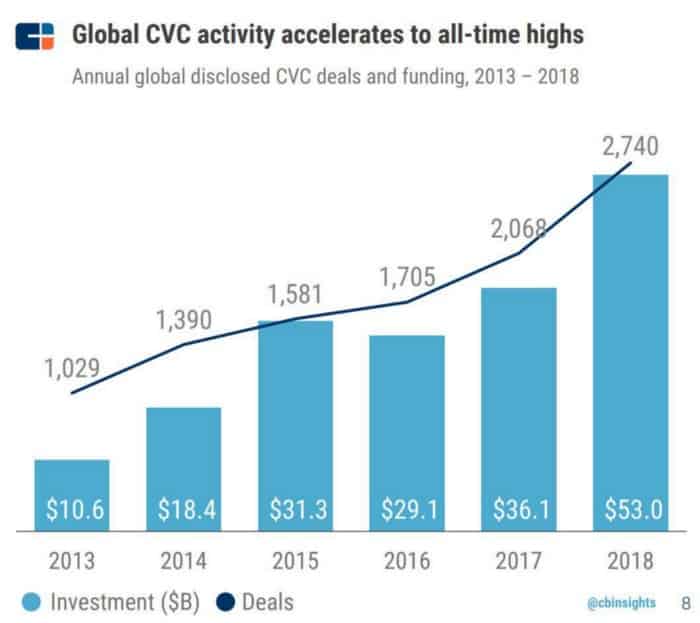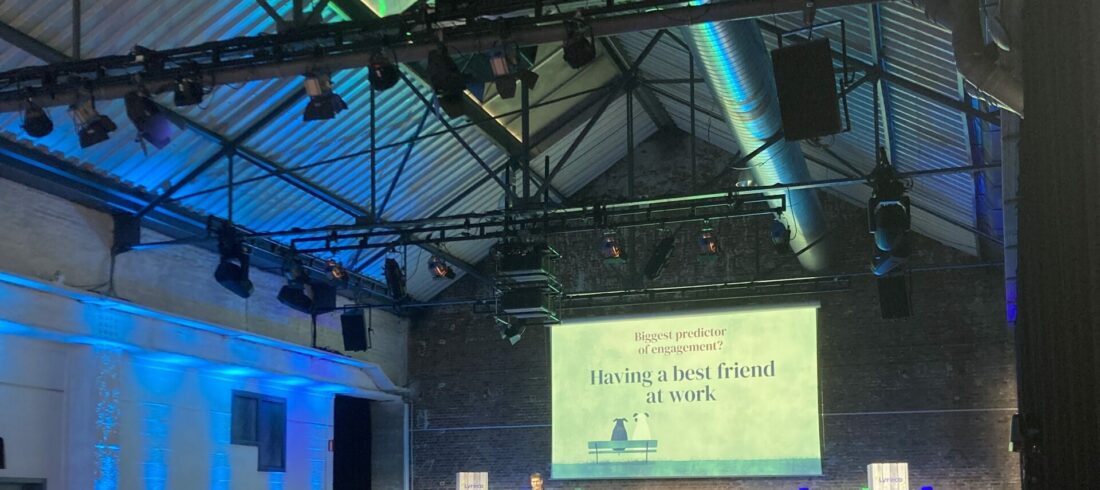The world counts 472 million entrepreneurs. A new business opens every three seconds. For companies, it is very difficult, tedious, and time-consuming to spot the right startups to work with. In big corporations, extended teams can be dedicated to spotting and analyzing startup files. In midsized companies, this work is often done by a single individual who has this task on top of his other duties. It’s either very expensive, or inefficient. In both cases, it’s not optimal.
When it’s not done on a self-service or opportunistic basis, companies use the following three means for their startup scouting activities:
Startup databases -Tools like Crunchbase or Pitchbook are great data sources for accessing a very large number of startups. Downsides? They focus on financials and firmographics (less on actual activity), retrieve one-size-fits-all results (search is made through keywords and taxonomy), have lots of errors and outdated data (startups are moving and dying fast), and don’t prevent you from running your own research behind each result line. They are forward-based tools.
Startup events and ecosystems — Companies host or attend startup events to attract or browse startups in their interest areas. They can also be fed with startups through ecosystems (incubators, accelerators, angel networks, schools). Downsides: reach is limited by design, and it requires loads of energy, money and time.
Consultants — Companies also delegate to specialised consulting firms or scouting consultants, like headhunters for startups, to increase the quality level of startups to analyze. Downsides: manual work is very expensive with a limited reach.





